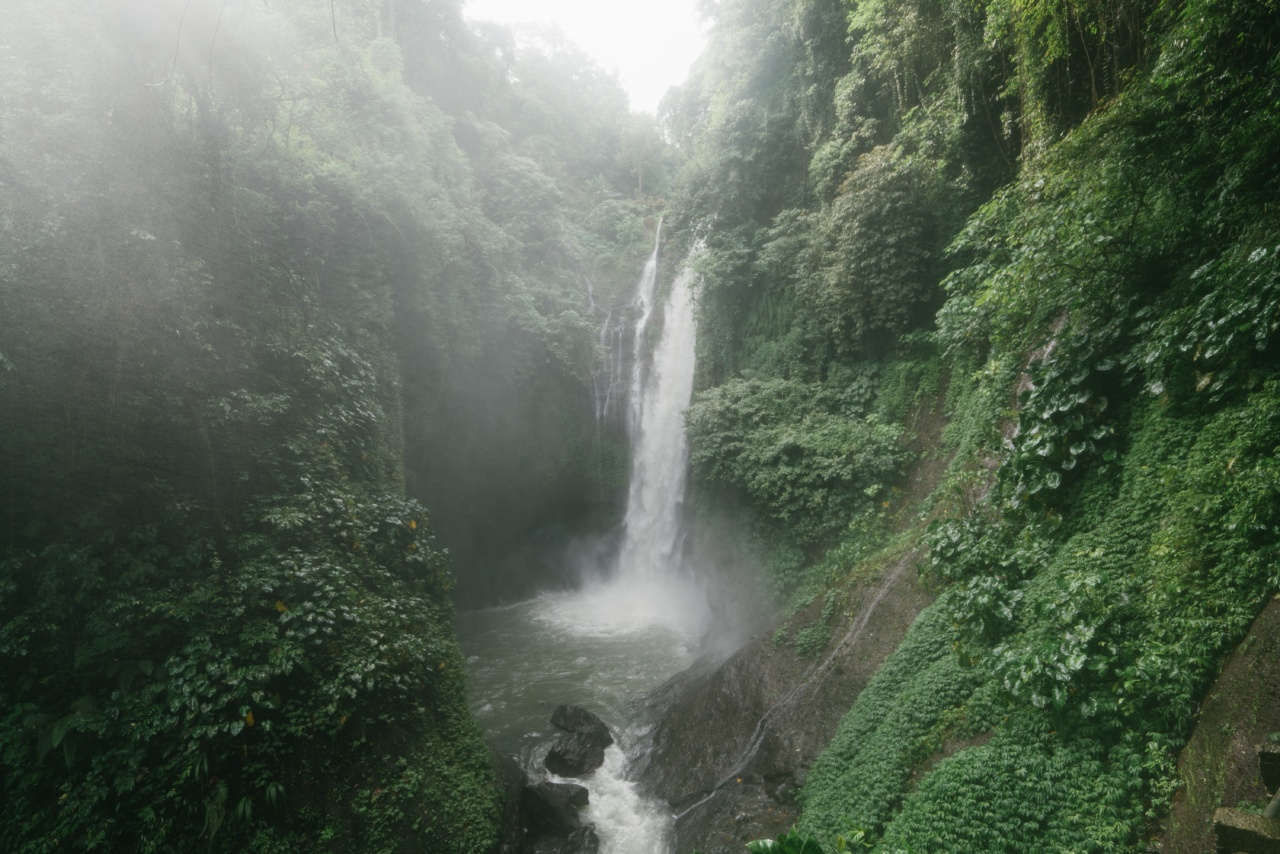Glaucoma and macular degeneration are two common eye conditions that can have a significant impact on a person’s vision.
Both of these conditions can affect the way a person sees the world, including the view of a beautiful natural wonder like a waterfall. In this article, we will explore how glaucoma and macular degeneration can alter the perception of a waterfall and discuss some strategies that can help individuals with these conditions continue to enjoy the beauty of their surroundings.
Glaucoma: Understanding the Condition
Glaucoma is a group of eye diseases that damages the optic nerve and can lead to vision loss. It is often associated with increased pressure inside the eye, known as intraocular pressure.
This pressure buildup can slowly and silently damage the optic nerve, resulting in gradual vision loss.
Macular Degeneration: An Overview
Macular degeneration, on the other hand, is a progressive disease that affects the macula, a small area in the center of the retina responsible for sharp, detailed vision.
It is the leading cause of vision loss in older adults and can significantly impact a person’s ability to perform daily activities, including enjoying the beauty of nature.
The Impact on Visual Perception
Both glaucoma and macular degeneration can affect the way an individual sees a waterfall. In the case of glaucoma, the damage to the optic nerve can result in tunnel vision or peripheral vision loss.
This narrowing of the visual field makes it challenging for individuals to take in the entirety of the waterfall’s grandeur.
Macular degeneration, on the other hand, often results in a loss of central vision or a blurred area in the center of the visual field.
This can make it difficult for individuals to see the fine details of the waterfall, such as the cascading water or the lush greenery surrounding it.
Adapting to Vision Changes
While glaucoma and macular degeneration can present significant challenges to enjoying the view of a waterfall, there are strategies that can help individuals adapt to these vision changes:.
1. Assistive Devices
One option for individuals with vision loss is to utilize assistive devices.
These devices can include magnifiers, telescopes, or video magnification systems that can enhance the remaining vision and make it easier to appreciate the details of a waterfall.
2. Optimal Lighting
Another strategy is to ensure proper lighting when viewing a waterfall. Good lighting can help individuals with visual impairments perceive the contrast between the water, rocks, and surrounding scenery.
Natural light can be optimal, but in darker environments, artificial lighting sources can be used effectively.
3. Contrast Enhancement
Using contrasting colors can improve the perception of objects and make them stand out.
This technique can be applied to the waterfall environment by using colors with high contrast, such as painting the handrails or edges of viewing platforms in a bright hue.
4. Sensory Input
For individuals with significant vision loss, focusing on other sensory inputs can enhance the overall experience of viewing a waterfall.
Listening to the soothing sounds of the rushing water, feeling the mist on the skin, or even tasting the freshness in the air can provide a multi-dimensional experience.
5. Supportive Companionship
Having a supportive companion while enjoying a waterfall can make a significant difference for individuals with vision impairments. A trusted individual can provide assistance, describe the scenery, and be a source of emotional support.
Conclusion
Glaucoma and macular degeneration can indeed impact the way a person sees a waterfall.
The narrowing visual fields and loss of central vision associated with these conditions can limit the ability to fully appreciate the beauty and majesty of such natural wonders.
However, with the use of assistive devices, optimal lighting, contrast enhancement, focusing on other sensory inputs, and supportive companionship, individuals with glaucoma and macular degeneration can continue to enjoy the breathtaking views of waterfalls and connect with the wonders of nature.



























